-
Ruba Shamshoum
Being creative in a society
that worships the pastREAD MORE

Ruba Shamshoum
Being creative in a society
that worships the pastPalestinian musician Ruba Shamshoum has lived and breathed the music industry for almost a decade, during which she has been involved in a large range of musical styles and ensembles. She started composing her own material in 2011, writing the song ‘Ya Leil La Trouh’ for Annemarie Jacir’s film ‘When I saw You’. Her new singles generated much critical acclaim and elevated her onto the indie charts in the Middle East. As a beacon of innovation and imagination in a conservative environment, she shares her fascinating experience of being creative in a society that worships the past.
-
Freek Vermeulen
Corporate viruses and bad
management practicesREAD MORE
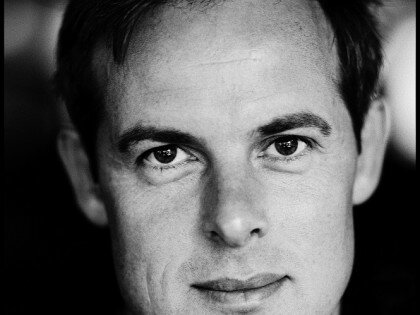
Freek Vermeulen
Corporate viruses and bad
management practicesAssociate Professor of Strategy and Entrepreneurship at LBS, Freek Vermeulen writes, consults and speaks across the world on topics such as strategies for growth, strategic innovation and making strategy happen. Using rigorous research to gain insight into how business really works, his work has been recognized by the most reputed academic journals and managerial publications. He explains why market forces fail to eliminate inefficient processes and strategies and how, as a result, outdated and plain detrimental practices persist within companies and industries—just like viruses persist in nature. Identifying and eliminating such corporate viruses can enable firms to innovate and create competitive advantage.
-
Estelle Lovatt
The fun and irony in art
READ MORE
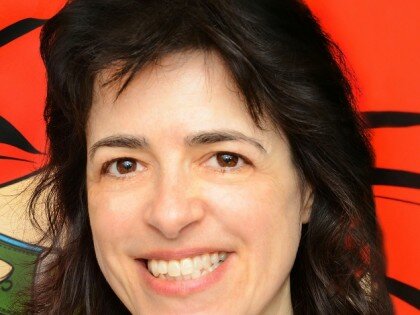
Estelle Lovatt
The fun and irony in art
As a freelance art critic for the BBC and Sky News who trained as a fine artist, Estelle Lovatt is well placed to offer her expert opinion on the theory, practice and intention behind great artworks. Estelle believes art is a universal language that best communicates human emotion as it breaks down barriers regardless of idiom, race, age, culture, gender, religion, country and ethnicity. In her illuminating talk she opens your eyes to the hard-to-fathom masterpieces, explaining how best to appreciate different art styles at work and understand the artist’s original intentions, allowing you to discover the hidden critic in you.
-
Rajesh Chandy
Could fewer entrepreneurs mean
greater prosperity?READ MORE
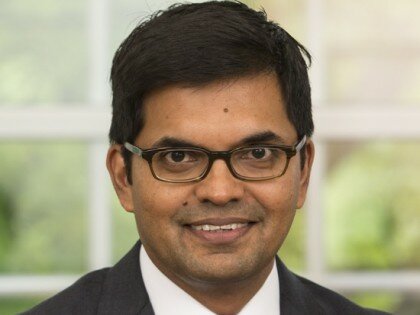
Rajesh Chandy
Could fewer entrepreneurs mean
greater prosperity?Professor of Marketing and Academic Director of LBS’ very own Deloitte Institute for Innovation and Entrepreneurship, Rajesh Chandy’s findings on innovation have been quoted by Forbes magazine as “an unorthodox and bracing set of management principles”. He is widely recognised for his work with aspiring and established entrepreneurs, and the winner of multiple awards for his contributions to marketing theory and thought. On the back of his unorthodox principles, he asks an unorthodox question for someone who is such a champion of innovation: Could fewer entrepreneurs mean greater prosperity?
-
George Ploubidis
Time is on our side: the power of
longitudinal dataREAD MORE
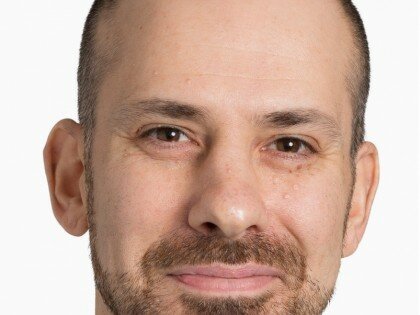
George Ploubidis
Time is on our side: the power of
longitudinal dataA population health scientist by trade and Chief Statistician of the Centre for Longitudinal Studies at the University College London, George Ploubidis’ research has centred on uncovering the socio-economic, demographic and structural determinants of population health and the mechanisms that link these over the life-course. He is particularly interested in the joint progress of health and mortality and the use of population surveys to capture macro level trends. With a focus on the development of reliable population health metrics and the evaluation of existing measurement instruments, George talks about the power of longitudinal data in understanding how life changes across generations.
-
Sue Cox
What tango can teach
about leadershipREAD MORE
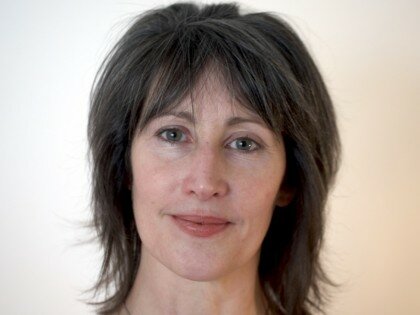
Sue Cox
What tango can teach
about leadershipTwenty years working with organisations as a Learning and Development Specialist gave Sue Cox a deeper perception of the nuances of strong leadership than most. However, her most powerful and illuminating insights came from an entirely unexpected quarter; a three-year sabbatical dancing Tango in Argentina. On her return to the UK, she devised Ballroom2Boardroom workshops, drawing from the complex dynamic of tango to challenge how we lead and follow in business. In her talk, Sue advocates an inclusive approach to leadership, one which allows us to embrace uncertainty and foster creativity.
-
Daniel Robaczewski
Can hypnosis heal you?
READ MORE
Daniel Robaczewski
Can hypnosis heal you?
The discovery that hypnosis is not magic, but a legitimate tool used in psychotherapy and personal development led Daniel Robaczewski to start performing with a group of enthusiasts on the streets of Warsaw at the age of 17. During the journey that followed, he became a certified hypnotist, participated in hundreds of hours of workshops, hypnotised over a thousand people and taught hundreds of his own students, including psychologists, psychiatrists and actors. In his entrancing talk, Daniel gives a glimpse into how hypnosis works and explores the power of the human mind.
-
Julia Lalla-Maharajh
How to end female genital cutting
in our lifetimesREAD MORE
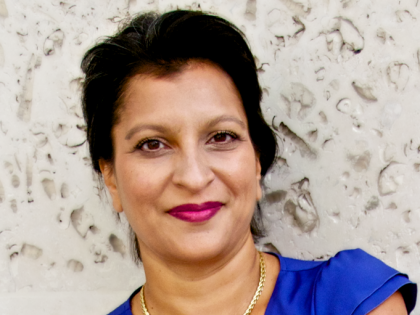
Julia Lalla-Maharajh
How to end female genital cutting
in our lifetimesThrough her time spent volunteering in Ethiopia, Julia Lalla-Maharajh had a first-hand glimpse into the devastating practice of female genital cutting. Deeply affected, Julia founded the Orchid Project, where she worked on the ground in Senegal and The Gambia and witnessed an incredible grassroots movement of communities choosing not to cut their daughters. By sharing her passionate fight to end this taboo, Julia lifts the lid on how social change happens and explores how radical shifts can lead to extraordinary results.
-
Kitty Chisholm
Pay attention:
you can change your brainREAD MORE
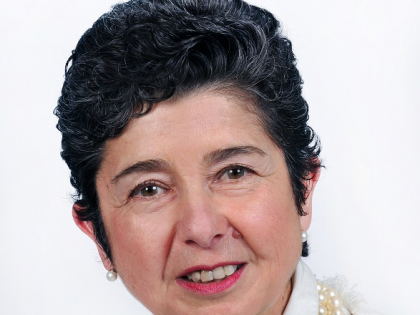
Kitty Chisholm
Pay attention:
you can change your brainA professional coach helping leaders achieve sustainable change, Kitty Chisholm developed a passionate interest in how people and organisations learn and change through her work with the Open University. As a founder Director of BoardwalkLeadership, she uses her knowledge of how brains can be changed to support more women into leadership and companies to develop a more diverse leadership pipeline. Hot on the heels of her new book, “Neuroscience for Leadership”, Kitty gives us insight into the power of attention as a key mechanism to change your brain.
-
Charles Irvine
Conflict as a natural resource
READ MORE
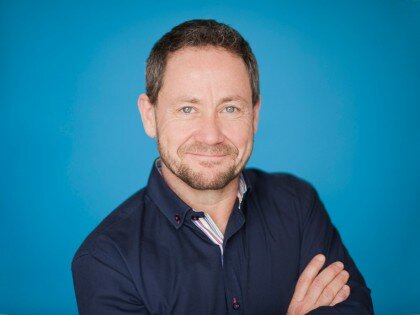
Charles Irvine
Conflict as a natural resource
During his time as a peace monitor in South Africa at the height of Apartheid, Charles Irvine developed a belief that conflict has the potential to be our greatest natural resource. Since relocating to the UK in 1996 to build “Questions of Difference”, a niche consultancy, he has gone on to inspire more than 40,000 people as a strategic business consultant in over 30 countries. He is driven by his passion for creating environments where groups of people do extraordinary things. Backed by his unique experiences, Charles gives a fascinating perspective into conflict and the power of good that can emerge from the unexpected.
-
Chris Cowan
How word of mouth
really worksREAD MORE
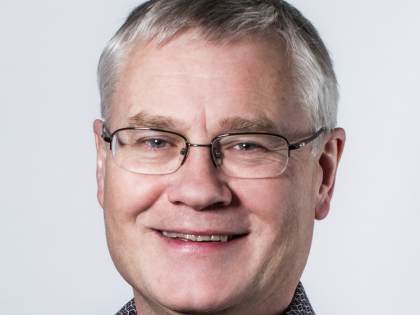
Chris Cowan
How word of mouth
really worksChris Cowan once followed the typical path of a successful marketeer: Unilever, Duracell Batteries, Disney. He then decided to start over and set up Clusters, a market research agency, which was built on his passionate belief that evidence-based targeting is a prerequisite for great marketing. A far cry from the overused buzzwords they have become, Chris promotes ‘segmentation’ and ‘advocacy’ as ideas that must be delivered with simplicity in order to positively impact the way a business goes to market. He takes us back to one of the purest ways of delivering ideas, word of mouth, and explains how it really works.
-
Kelly Price
Cancer: you could be the cure
READ MORE
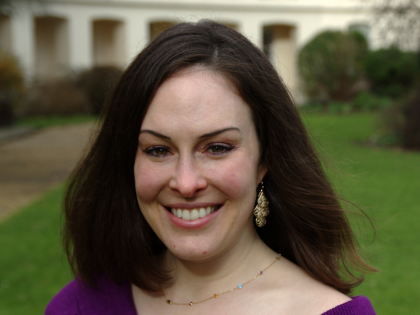
Kelly Price
Cancer: you could be the cure
As a Texan fluent in Japanese and Chinese, Kelly Price wondered if she was destined to become a doctor in Asia. Instead, she parlayed her love of biology, language and travel into a career in medical market research with a focus in oncology. Later on, when Kelly was matched with a patient in need of a stem cell transplant, she suddenly found herself observing the treatment of cancer from the inside. The experience was life-changing. Kelly hopes that through her talk, she can help others realise how truly simple it can be to offer someone the chance of a cure.
-
Matthew Syed
Why you should have your own
black boxREAD MORE
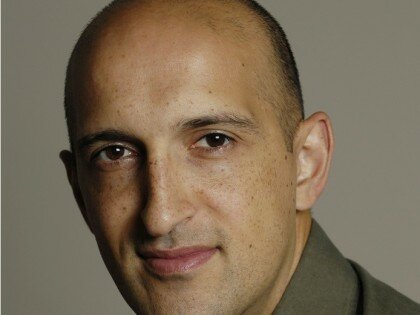
Matthew Syed
Why you should have your own
black boxMatthew Syed was the British table tennis number one for almost a decade, three-time Commonwealth Champion, and twice competed for Great Britain in the Olympic Games (in Barcelona in 1992 and Sydney in 2000). A columnist for The Times, he has also gone on to publish numerous bestselling books; Bounce, published in April 2010, has been described as “one of the most intelligent and thought-provoking books about sport ever written”, and Black Box Thinking, published in 2015, which has been globally acknowledged and translated into multiple languages. He makes the case for acknowledging failure and confronting our mistakes, a notion he refers to as “Black Box Thinking”.
-
Ed Rex
Can computers be creative?
READ MORE
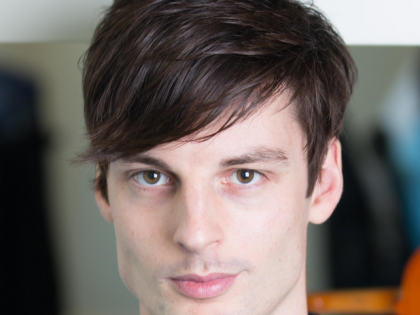
Ed Rex
Can computers be creative?
Computers can drive cars and beat people at the toughest board games, but can they be creative? As a composer and entrepreneur, Ed Rex believes we are heading towards a world where AI will master creativity, and he has founded a startup to find out more. In this talk, he reframes the question by asking what we really mean when we say that humans are creative, and examines how far computers have come in replicating this process and what it will mean for us as they continue to improve.
-
Claudia Christian
How I drank more to overcome
alcoholismREAD MORE

Claudia Christian
How I drank more to overcome
alcoholismClaudia Christian landed her first TV series at 18 on NBC’s nighttime drama Berringers and her first studio feature at 20 in New Line Cinema’s cult hit “The Hidden.” Over 50 films, hundreds of TV shows and 5 music albums later, Claudia has worked with George Clooney, Kirk Douglas, Faye Dunaway, Nicolas Cage and countless other luminaries. A hugely successful actress who saw her personal life and career tested by addiction, Claudia shares her journey of overcoming alcoholism and offers fresh perspectives on alcohol use disorder treatments.
-
Evan McMullin
Why saying “never again” to genocide
is not enoughREAD MORE
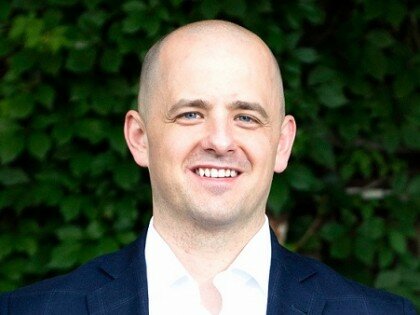
Evan McMullin
Why saying “never again” to genocide
is not enoughEvan served for over ten years as an undercover Operations Officer with the CIA’s National Clandestine Service, including multiple conflict zone tours of duty in Africa, the Middle East and Asia. More recently, he advised the Committee on Foreign Affairs in the U.S. House of Representatives on national security issues and is currently the Chief Policy Director with the House Republican Conference and a co-founder of the early stage, next-generation television platform Yedy.tv. Given his first-hand insight, he asks why the free world continues to allow genocide and other mass atrocities to occur despite repeatedly vowing “Never Again”, and what can individuals and companies do about it.
